
OR
World Breastfeeding Week 2019
World Breastfeeding Week 2019 begins with slogan 'Empower parents, enable breastfeeding’
Published On: August 1, 2019 07:00 PM NPT By: Bipana Thapa
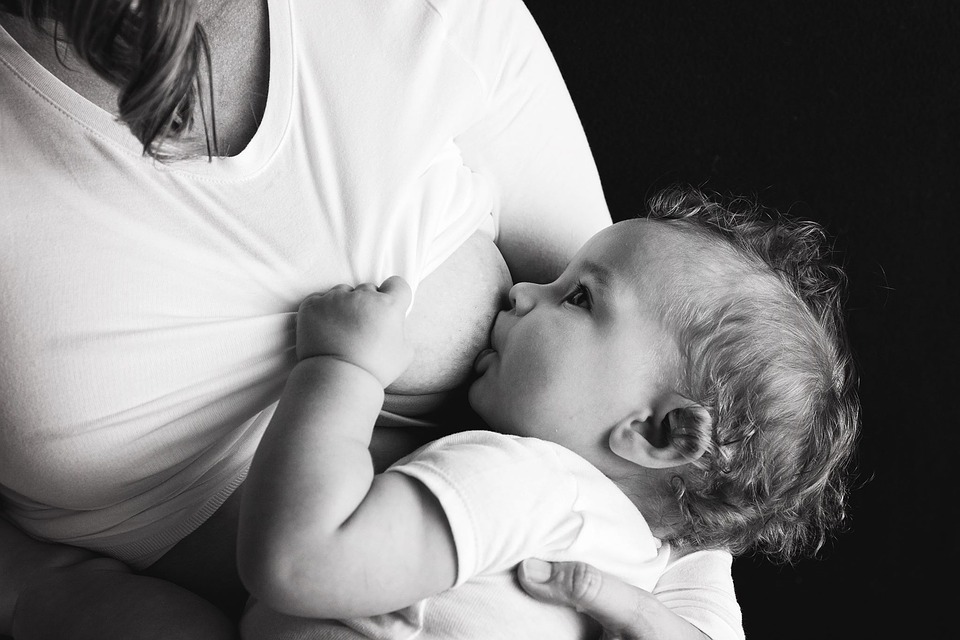
Scaling up breastfeeding can prevent 20,000 maternal deaths, 823,000 child deaths, and $302 billion economic losses annually(World Alliance for Breastfeeding Action).
Exclusive breastfeeding till 6 months of life is 66 percent while breastfeeding within an hour of birth is 55 percent.
The theme for Breastfeeding Week 2019 is ‘empower parents, enable breastfeeding’.
KATHMANDU, Aug 1: Every year, World Breastfeeding Week(WBW) is celebrated from August 1 to August 7 throughout the world.
The history of the WBW goes back to 1992 AD. It is celerated to promote breastfeeding and highlight the benefits it brings to both the mother and the child. Now it is observed in over 120 countries by UNICEF, WHO, and different international and national organizations.
As part of its solidarity with the cause, Nepal started to mark the day since 1992 AD. Since then, different countries including Nepal have launched a number of projects and programs aimed at promoting breastfeeding and improving maternal and neonatal health.
The theme for Breastfeeding Week 2019 is ‘empower parents, enable breastfeeding’.
Each year, many young women give birth to a child. They need to be well aware of the benefits of breastfeeding. Dr. Sunil Raja Manandhar, Head of Neonatal Unit at Kathmandu Medical College Teaching Hospital based in Sinamangal opines that the awareness program aimed at promoting breastfeeding benefits thousands of new mothers. Breastfeeding has many health-related advantages. In addition, it also leads to the reduction of the consumption of substitutes including baby formulas and other pre-lacteal feeding formulas.
This year, breastfeeding week will be jointly observed by Department of PB/GYN, Department of Pediatrics and Department of Nursing at Kathmandu Model Hospital. Various programs are going to be organized throughout this week in order to translate into action the slogan "Empower parents, enable breastfeeding".
Scaling up breastfeeding can prevent 20,000 maternal deaths, 823,000 child deaths, and $302 billion economic losses annually, according to World Alliance for Breastfeeding Action.
More than half of babies in Nepal are breastfed in the first hour of life, according to the UNICEF, Nepal. So far, the government has established more than 100 breastfeeding rooms and breastfeeding corners throughout the country.
The Ministry of Health and Population has a plan to request all local and provincial governments to establish lactation rooms to implement the provision of the Reproductive Health Act.
Likewise, this year, WHO is working with UNICEF and its partners to contribute to the implementation of family-friendly policies aimed at promoting breastfeeding and helping parents nurture their children properly. These policies are related to paid maternity leave of a minimum of 18 weeks, and paid paternity leave formulated with a view to enabling both father and mother to carry out their collective responsibility of taking care of their children.
Similarly, one study has shown that breastfeeding protects mothers against depression in later life. ‘'Our study findings indicate that breastfeeding is beneficial, not only to infants’ short-term and long-term health but also to maternal psychological health," the researcher Sangshin Patk affiliated with Brown University in the US said.
Their studies also found that "the risk of depression decreased by 29 percent for each additional infant breastfed and by 9.3 percent for each additional year of breastfeeding".
Breastfeeding decreases the risk of mothers developing breast cancer, ovarian cancer, type 2 diabetes, and heart disease. It is estimated that increased breastfeeding could avert 20 000 maternal deaths each year due to breast cancer.
WHO recommends exclusive breastfeeding starting within one hour after birth until a baby is 6 months old. Nutritious complementary foods should then be added while continuing to breastfeed for up to 2 years or beyond.
According to the data published by Nepal Demographic and Health Survey 2016, exclusive breastfeeding till 6 months of life is 66 percent while breastfeeding within an hour of birth is 55 percent.
Sunil Raja Manandhar, Head of Neonatal Unit at Kathmandu Medical College Teaching Hospital based in Sinamangal said that the rate should have been more with the increasing number of births. Manadhar stated that the trend of providing two months of maternity leave is not enough to achieve the goal. Even a country like Bangladesh gives six months maternity leave, he argues. The government should focus on health insurance Manandhar defends.
Breast milk contains antibodies that help the baby fight off viruses and bacteria. It lowers a baby's risk of having asthma or allergies. Moreover, babies who are breastfed exclusively for the first six months, without any formula, have fewer ear infections, respiratory illnesses, and bouts of diarrhea says Manandhar.
It is difficult for working mothers to regularly breastfeed their child. Manandhar gives few tips to those mothers who are working. A working mother can store her breast milk for 4-5 hours in room temperature. Moreover, she can store the milk in the refrigerator for 2-3 days. Manandhar suggests not boiling or heating the breast milk as it destroys nutrients and protective properties of the milk.
(With inputs from Agencies)
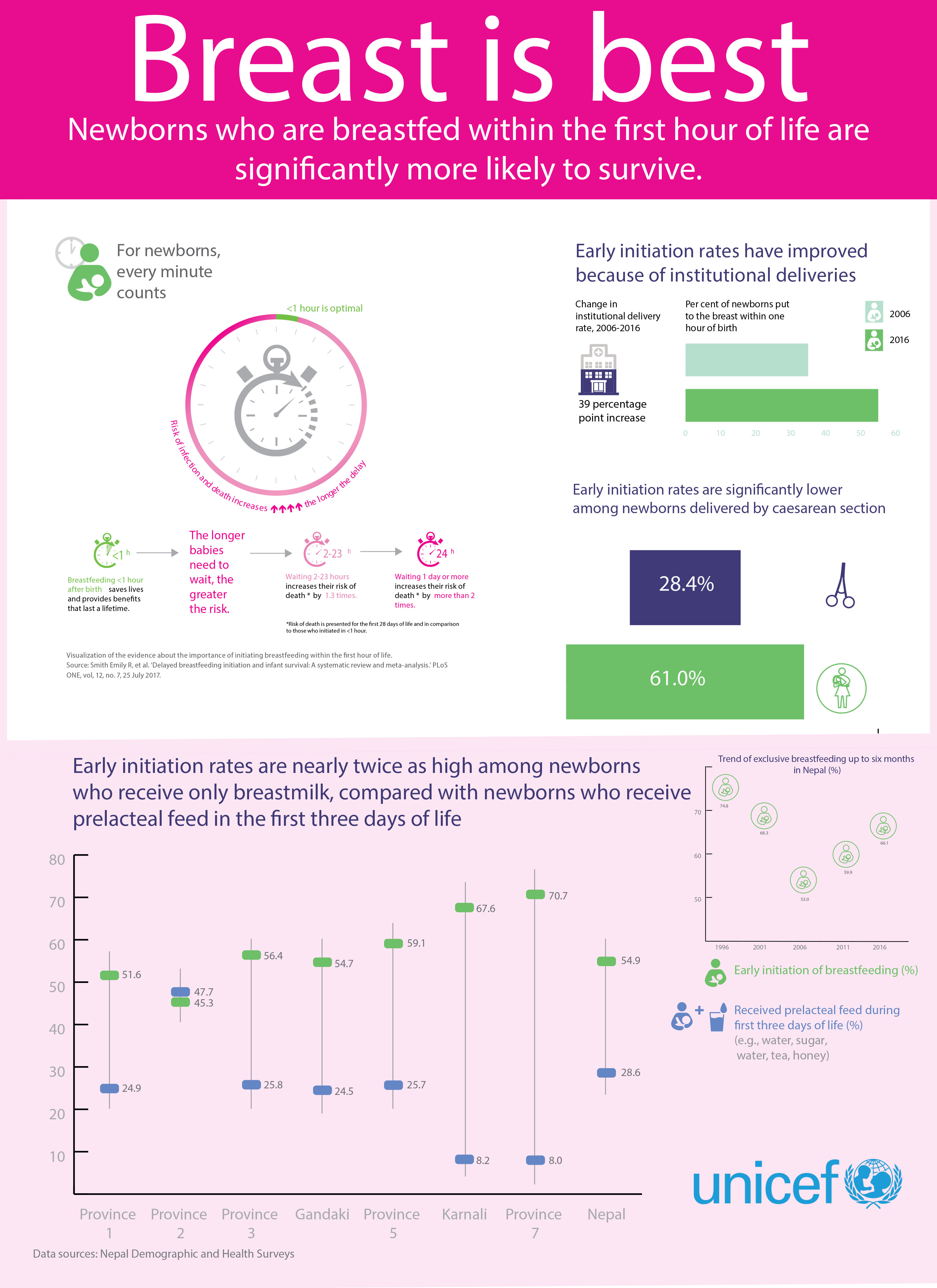
You May Like This

Amazon confirms two employees in Italy have contracted coronavirus
WASHINGTON, March 2: Amazon.com Inc said late on Sunday that two employees in Milan, Italy, have contracted the coronavirus and... Read More...

Smugglers’ go-downs near customs office
SIRAHA, March 16: On March 10, a team from the District Police Office (DPO), Siraha, arrested a truck with an... Read More...
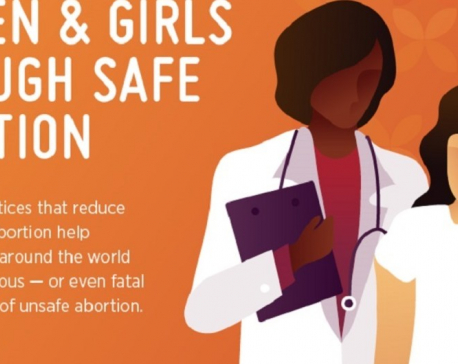
Legal abortion services can prevent 47,000 women dying each year - UN
UNITED NATIONS, Sept 29: “Unsafe abortions cause the deaths of some 47,000 women each year and a further five million... Read More...





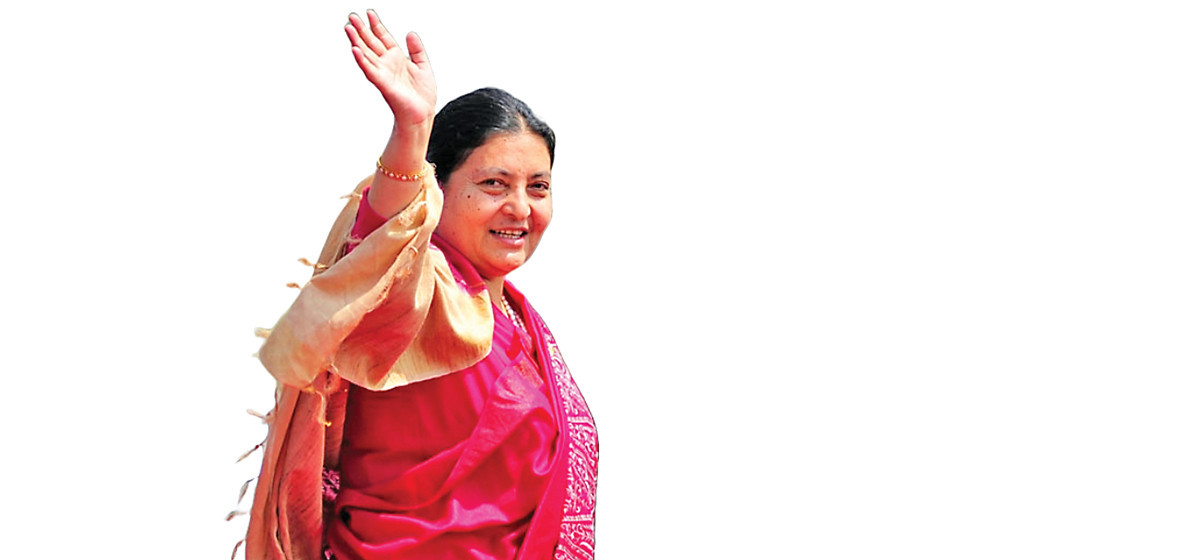

Just In
- Devotees gather at Balaju Park for traditional ritual shower at Baisdhara (Photo Feature)
- PPMO blacklists 33 construction companies
- UK Parliament approves Rwanda deportation bill, ending weeks of legislative stalemate
- SC refuses to issue interim order in petition against Sudurpaschim province govt
- Kathmandu to host UNDP Asia Pacific regional meeting
- DoHM cautions of heat wave in West Terai and Madhesh regions for next five days
- Is former President Bhandari returning to active politics or poised for a graceful exit?
- 18th Democracy Day being celebrated today



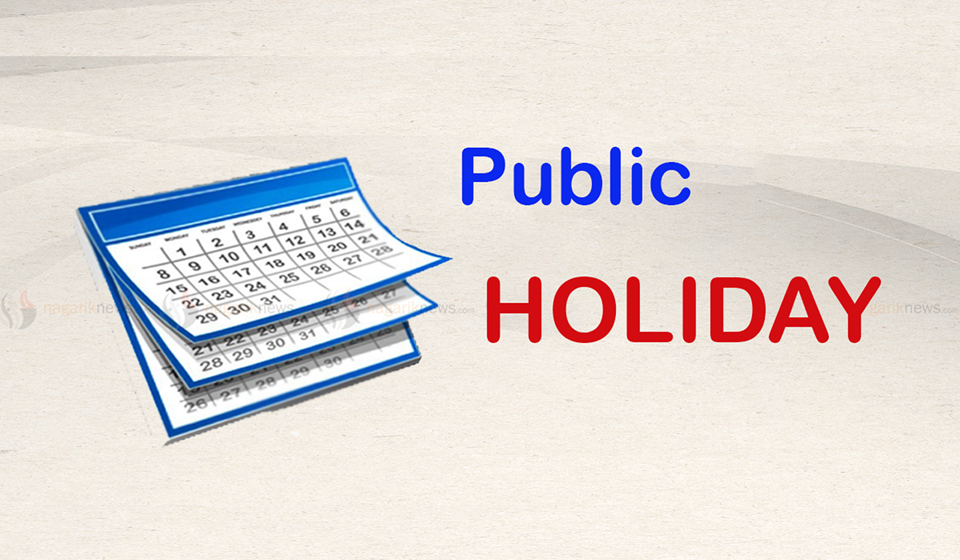
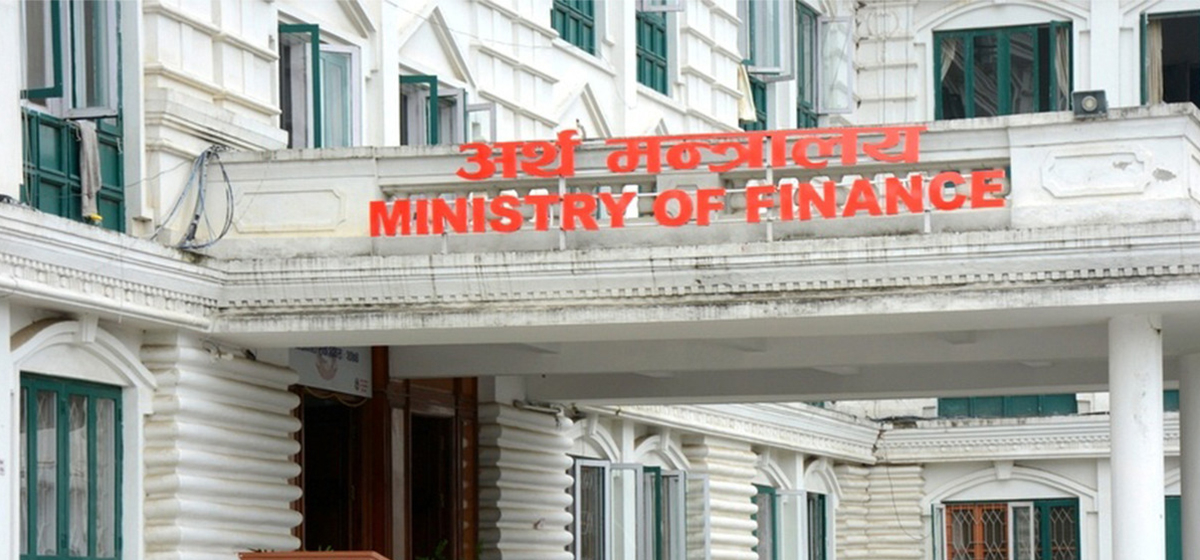



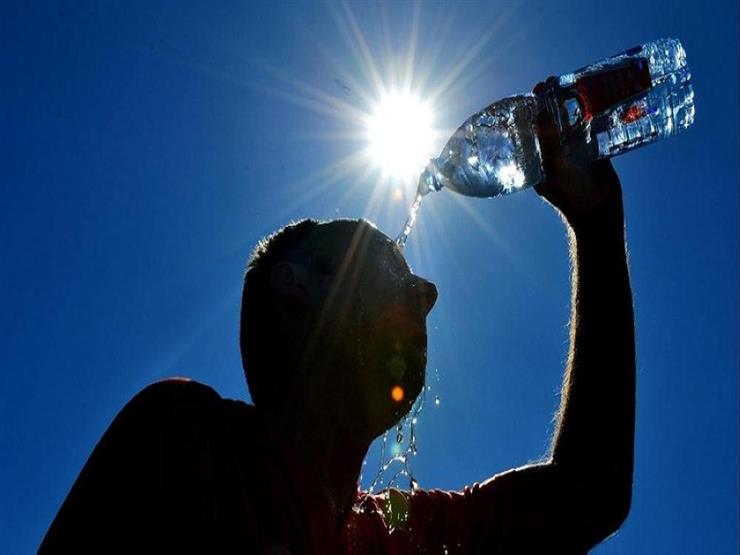

Leave A Comment